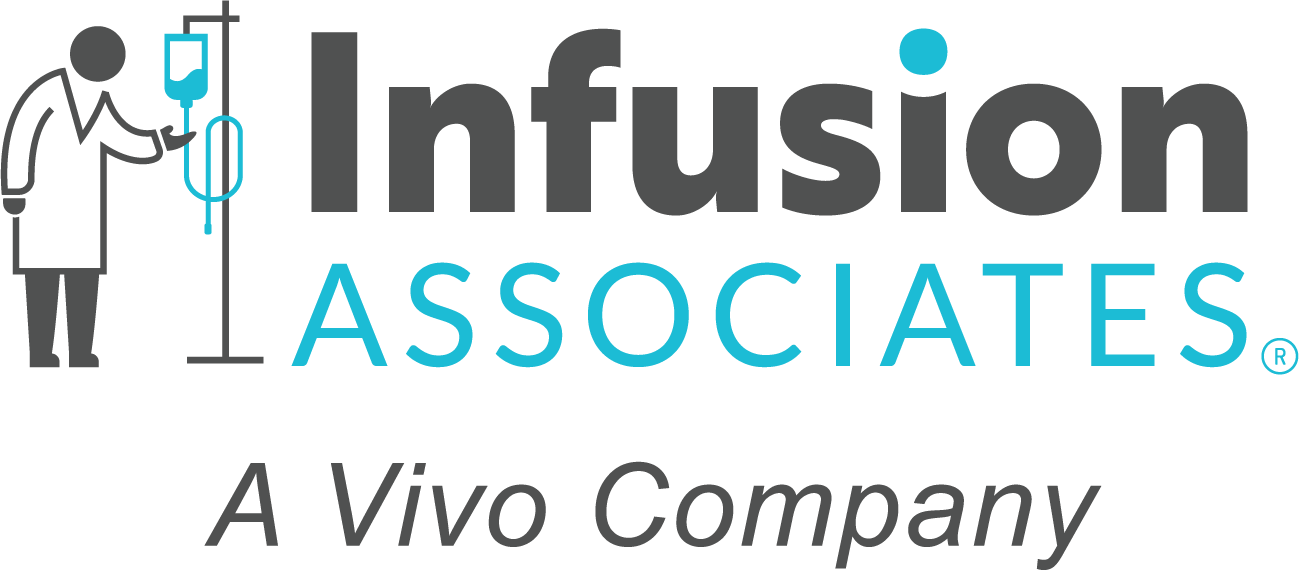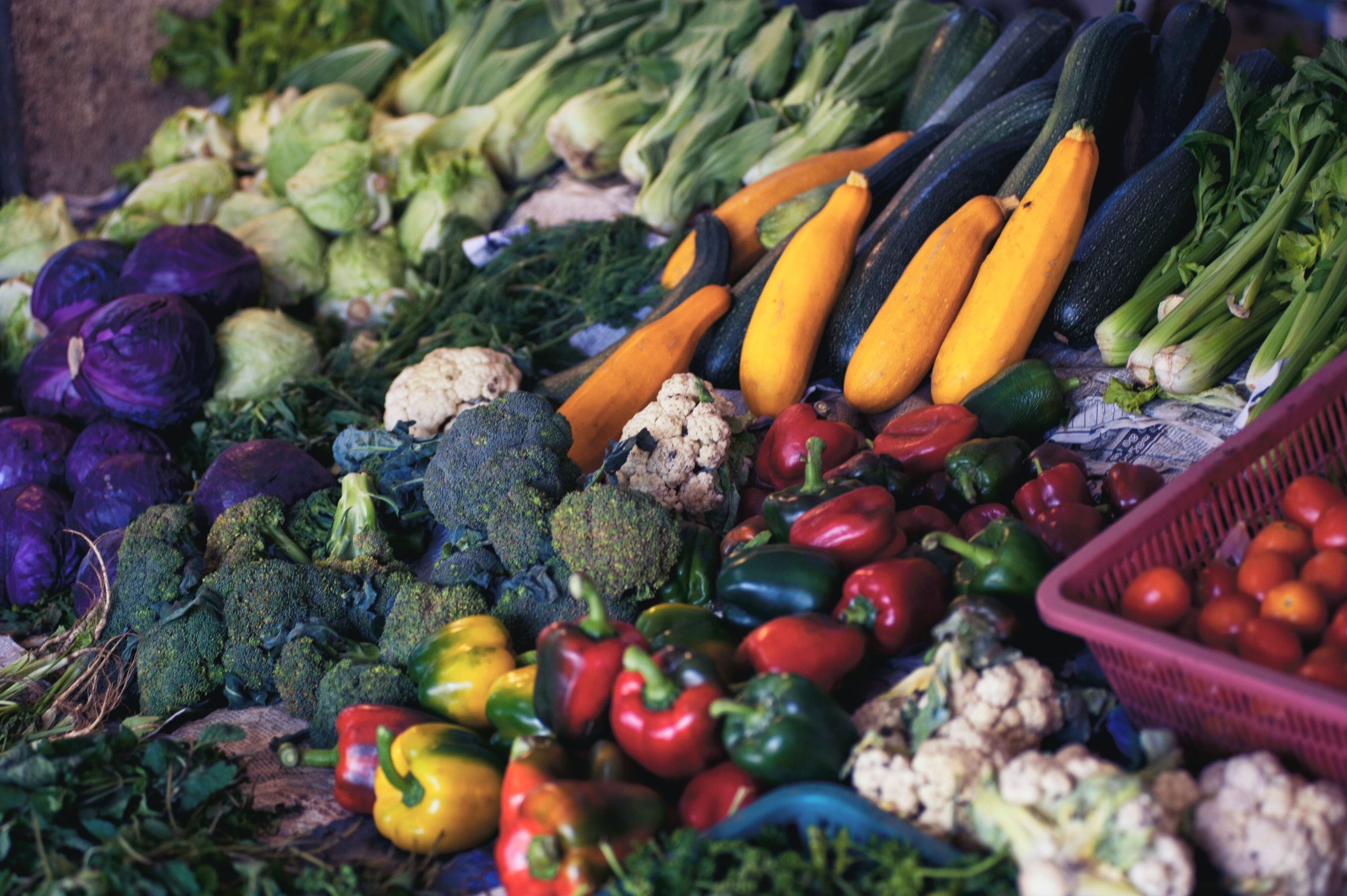Written by Frances Smith, patient access specialist
The gut plays a crucial role in our overall health and well-being. Yet, various digestive conditions can cause discomfort and disrupt our daily lives. Whether you’re dealing with irritable bowel syndrome (IBS), acid reflux, inflammatory bowel disease (IBD), or other digestive issues, adopting a supportive diet can significantly improve your symptoms and promote gut health. In this blog, we’ll discuss six tips to help you nourish your gut and find more ease and relief from digestive conditions.
1. Consider Fiber-rich Foods that work best for you

Fiber is a cornerstone of a healthy gut, as it aids in digestion and promotes regular bowel movements. However, not all fibers are the same. For those with IBS or other sensitive digestive systems, soluble fibers found in oats, bananas, and carrots may be better tolerated. Insoluble fibers however found in whole grains, leafy greens, and nuts, can sometimes aggravate symptoms and should be eaten in moderation. Strive to find balance and gradually introduce fiber into your diet to avoid discomfort.
2. Practice Mindful Eating and Portion Control

Eating mindfully and in appropriate portions can have a significant impact on digestive conditions. This may sound like a given but it’s important to chew your food thoroughly to ease the digestive process and prevent overworking your gut. Try not to eat on the run to avoid eating too quickly, as it can lead to swallowing air and trigger symptoms like bloating and gas. In addition, consider eating smaller, more frequent meals that can be easier to digest than large, heavy ones.
3. Identify You Trigger Foods

You may have specific trigger foods that make your digestive condition worse. Every person is different but common culprits include spicy foods, caffeine, fatty or fried foods, dairy, and artificial sweeteners, just to name a few. If you want to narrow down your food triggers you can keep a food journal to track your meals and any symptoms that come up afterward. By identifying and eliminating trigger foods, you can gain better control over your gut health. If you’re struggling to identify specific trigger foods, an elimination diet can also be helpful.
4. Try Probiotics

Probiotics are beneficial bacteria that promote a healthy gut microbiome. Incorporate probiotic-rich foods like yogurt, kefir, sauerkraut, kimchi, and kombucha into your diet to support gut flora balance. If you have difficulty tolerating fermented foods, consider taking probiotic supplements under the advice of a professional.
5. Hydration Is Key

This may also seem obvious but you would be surprised at how difficult it is for some to stay hydrated. Staying hydrated is essential for proper digestion and overall health. Aim to drink plenty of water throughout the day, as it helps soften stools, prevent constipation, and aids in nutrient absorption. Also, herbal teas and clear broths can also be soothing for an inflamed digestive system.
6. Limit Alcohol and Caffeine

Both alcohol and caffeine can irritate the digestive tract and worsen symptoms in some individuals. Reduce or eliminate these from your diet to alleviate issues such as acid reflux and indigestion.
Improving Your Gut Health
Caring for your gut through dietary support can significantly improve your quality of life when dealing with digestive conditions. Remember that everyone’s response to food is unique, so it’s important to listen to your body and work with a professional to create a personalized plan. But by focusing on fiber-rich foods, practicing mindful eating, eliminating trigger foods, staying hydrated, and incorporating probiotics, you can nourish your gut and pave the way to better digestive health.
If you interested in learning more about the IV treatments we offer, you can contact us by calling us at (833) 394-0600 or filling out our online form.

